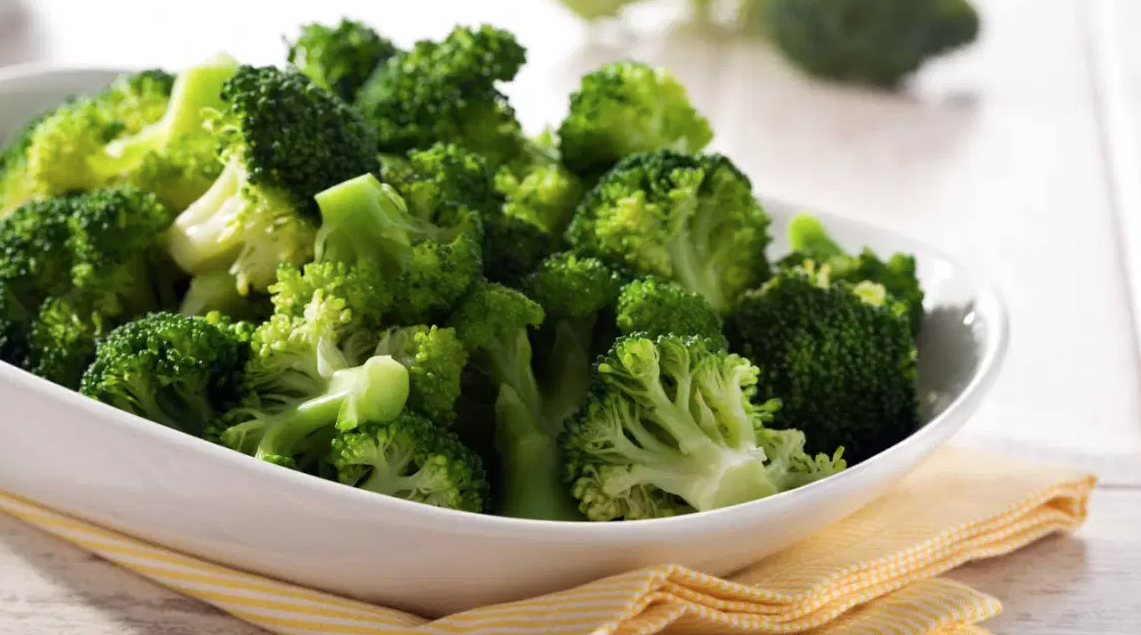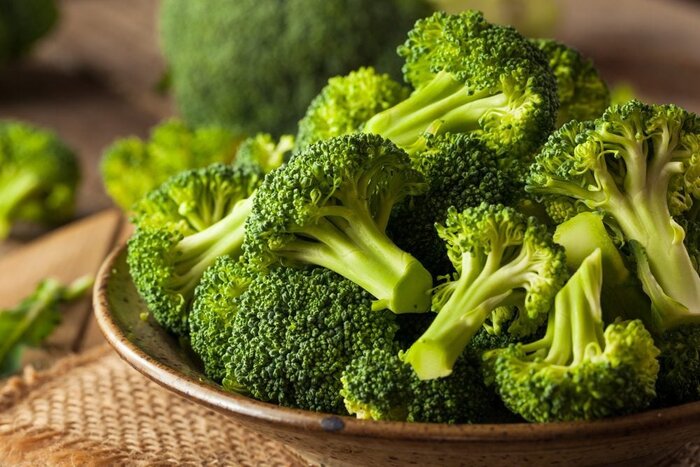What is Broccoli?
Broccoli is a cruciferous vegetable that belongs to the Brassicaceae family. It is closely related to other vegetables like cauliflower, kale, and Brussels sprouts. Broccoli is a cool-weather crop and is usually planted in the spring or fall. Broccoli is widely known as a nutritious vegetable that offers a host of health benefits. From its low calorie count to its high fibre content, broccoli is a great addition to any healthy diet.
Broccoli Nutrition Facts

Before we dive into the specific benefits of broccoli, let's take a look at its nutritional profile. One hundred grams of raw broccoli contains approximately:
- 34 calories
- 2.8 grams of protein
- 0.4 grams of fat
- 6.6 grams of carbohydrates
- 2.6 grams of fiber
- 2.8 grams of sugar
Broccoli is also a good source of vitamins and minerals, including:
- Vitamin C
- Vitamin K
- Folate
- Potassium
- Manganese
Now that we've established the basic nutrition facts, let's explore some of the ways that broccoli can be good for you.
Is Broccoli Low In Calories
If you're trying to maintain or lose weight, broccoli can be a great addition to your diet. With only 34 calories per 100 grams, broccoli is a low-calorie food that can help you feel full without adding a lot of extra calories to your diet.
High Fiber Vegetables : Is Broccoli High In Fiber
Fiber is an essential nutrient that plays a key role in digestive health. Broccoli is a good source of fiber, with 2.6 grams per 100 grams of raw broccoli. Eating a diet high in fiber can help regulate digestion and prevent constipation.
Broccoli Vitamins And Minerals
As mentioned earlier, broccoli is a good source of vitamins and minerals. Specifically, broccoli is high in vitamin C, vitamin K, folate, potassium, and manganese. Vitamin C is important for immune health, while vitamin K is essential for blood clotting. Folate is crucial for pregnant women, as it helps prevent birth defects. Potassium is important for heart health, while manganese is essential for bone health.
Broccoli Antioxidants - How Much Antioxidants In Broccoli
Broccoli is also rich in antioxidants, which are compounds that protect your cells from damage caused by free radicals. Free radicals can cause oxidative stress, which can lead to chronic diseases like cancer, heart disease, and Alzheimer's. Broccoli contains several antioxidants, including flavonoids, carotenoids, and vitamin C.
Sodium in Broccoli: How Much Sodium is in Broccoli?

Broccoli is low in sodium. A 100-gram serving of raw broccoli contains only 33 milligrams of sodium. This makes it an excellent choice for people who need to watch their sodium intake, particularly those with high blood pressure.
Is Broccoli Good For Inflammation
Chronic inflammation is linked to a variety of health problems, including arthritis, heart disease, and certain types of cancer. Some studies suggest that the compounds in broccoli may help reduce inflammation in the body. Specifically, the antioxidant sulforaphane has been shown to have anti-inflammatory effects.
Low Cholesterol Foods - Does Broccoli Lower Cholesterol
High levels of cholesterol in the blood can increase your risk of heart disease. Some studies suggest that eating broccoli may help lower cholesterol levels, thanks in part to its high fiber content.
Broccoli Cancer - How Does Broccoli Fight Cancer
Several studies have linked the consumption of cruciferous vegetables, like broccoli, with a reduced risk of certain types of cancer, including lung, colon, and breast cancer. The compounds in broccoli, including sulforaphane, may help prevent cancer by reducing inflammation and oxidative stress, and by promoting healthy cell growth.
Is Broccoli Good For You
Yes, broccoli is considered to be a highly nutritious vegetable that is good for you. It is low in calories but rich in vitamins, minerals, fibre, and antioxidants. Consuming broccoli regularly can provide a range of health benefits, including improving digestion, supporting heart health, promoting healthy skin and eyes, and reducing the risk of certain cancers. It is also a good source of protein and contains a variety of important nutrients, such as vitamin C, vitamin K, vitamin A, folate, potassium, and manganese.